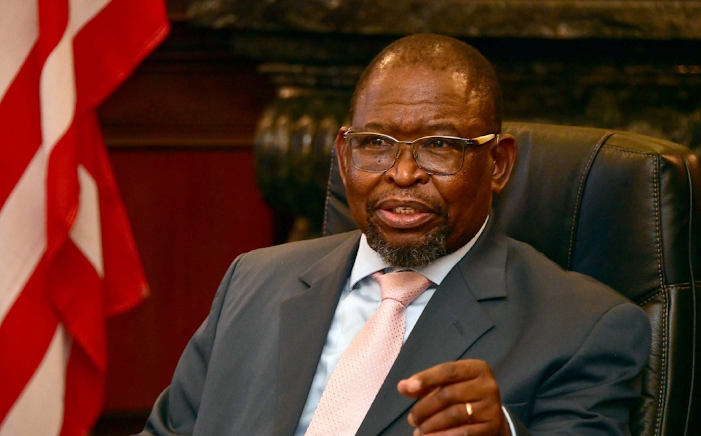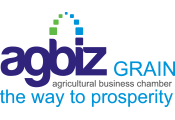
BLOG
South Africa’s 2025 budget: A balancing act

South Africa’s 2025 budget speech delivered by finance minister Enoch Godongwana on 12 April, presents a challenging scenario for the country’s economic future. As the country grapples with numerous challenges, including rising debt obligations and persistent economic pressures, the budget reflects a balancing act of attempting to address the need for more government spending while stimulating economic growth and managing the public’s tax burden.
However, with several contentious proposals, including an increase in value-added tax (VAT) and the potential for further tax hikes in the future, the budget raises numerous concerns for businesses and individuals alike.
VAT and inflationary pressure The 2025 budget introduced a 0,5% increase in VAT, with a possible additional 0,5% increase slated for 2026. This decision was expected to raise the cost of living for South Africans, particularly affecting low-income households that are already grappling with inflationary pressures. Given that VAT is a broad-based tax, an increase is likely to affect all sectors, including food, transportation, and housing. Following pushback from various political parties along with a court decision, the VAT increase was declared invalid late in April.
One of the most significant concerns pertaining to a VAT increase is its impact on food security. South Africa, despite having some of the most affordable food in the world, is facing rising poverty levels. According to the recent Food Security in South Africa in 2019, 2022 and 2023 report from Statistics South Africa (Stats SA), many South Africans spend a substantial portion of their income on food and transport, leaving them vulnerable to any price hikes. For producers, especially smallholder and emerging producers, a VAT increase could lead to higher production costs, adversely affecting their cashflow.
The budget, however, attempted to address this concern by extending the list of zero-rated VAT products to include lower-value portions of all animal proteins. This is seen as a positive move by many in the agribusiness sector, as it avoids market distortions that could have occurred if VAT had been applied to a single animal product. This decision has been welcomed by key industry role-players such as Agbiz and the Red Meat Producers’ Organisation (RPO).
Stagnation of tax brackets
Another notable aspect of the budget speech was the decision not to adjust personal income tax brackets, despite inflationary pressures. This means that as salaries rise with inflation, taxpayers will however effectively pay more in real terms, as their income will push them into higher tax brackets (bracket creep). This could further strain household budgets and erode purchasing power. While some economists argue that adjusting tax brackets could undermine efforts to stabilise government finances, the lack of such adjustments raises concerns regarding the fairness of the tax system, especially in a country already burdened by high unemployment and poverty.
Government spending and debt Government spending is set to increase by 5,6%; however, this increase comes amid rising debt obligations, which now stand at 76% of South Africa’s gross domestic product (GDP). The budget deficit has also widened, growing to 5% in 2025. Sean Walsh, chairperson of Agbiz, emphasised the need for government spending that stimulates economic growth, particularly through investments in infrastructure. However, Walsh stressed that government spending alone is insufficient to foster long-term growth. To achieve sustainable economic progress, Walsh argued that South Africa needs to implement critical economic reforms, reduce wasteful expenditure, and create an environment conducive to private sector investment and job creation.
Economic reforms needed
Reforms are a major theme of the 2025 budget, with significant attention given to areas such as energy, logistics, water, and information and communication technology (ICT). These sectors are vital to the competitiveness of South African businesses, including those in the agribusiness sector. While there have been positive strides in the energy sector, such as the implementation of reforms through Operation Vulindlela, many experts argue that more needs to be done.
Theo Boshoff, CEO of Agbiz, stressed that government must prioritise the implementation of recommendations from Operation Vulindlela, particularly in the areas of logistics, water, and ICT. These reforms would help create a more enabling environment for businesses, reducing operational costs and fostering competitiveness. In particular, Boshoff called for a reformed financial model for local government to address the high costs associated with poor service delivery, which continue to burden businesses across South Africa.
There is also a need for clearer timeframes and concrete actions regarding infrastructure investments. While government has promised infrastructure development in the past, stakeholders in the agricultural sector remain concerned that these investments have not been fully realised. The expansion of the zero-rated VAT list for animal proteins is one of the few tangible results in this area, but many industry role-players are eager to see further commitments to infrastructure improvements.

0 COMMENTS
LEAVE A COMMENT